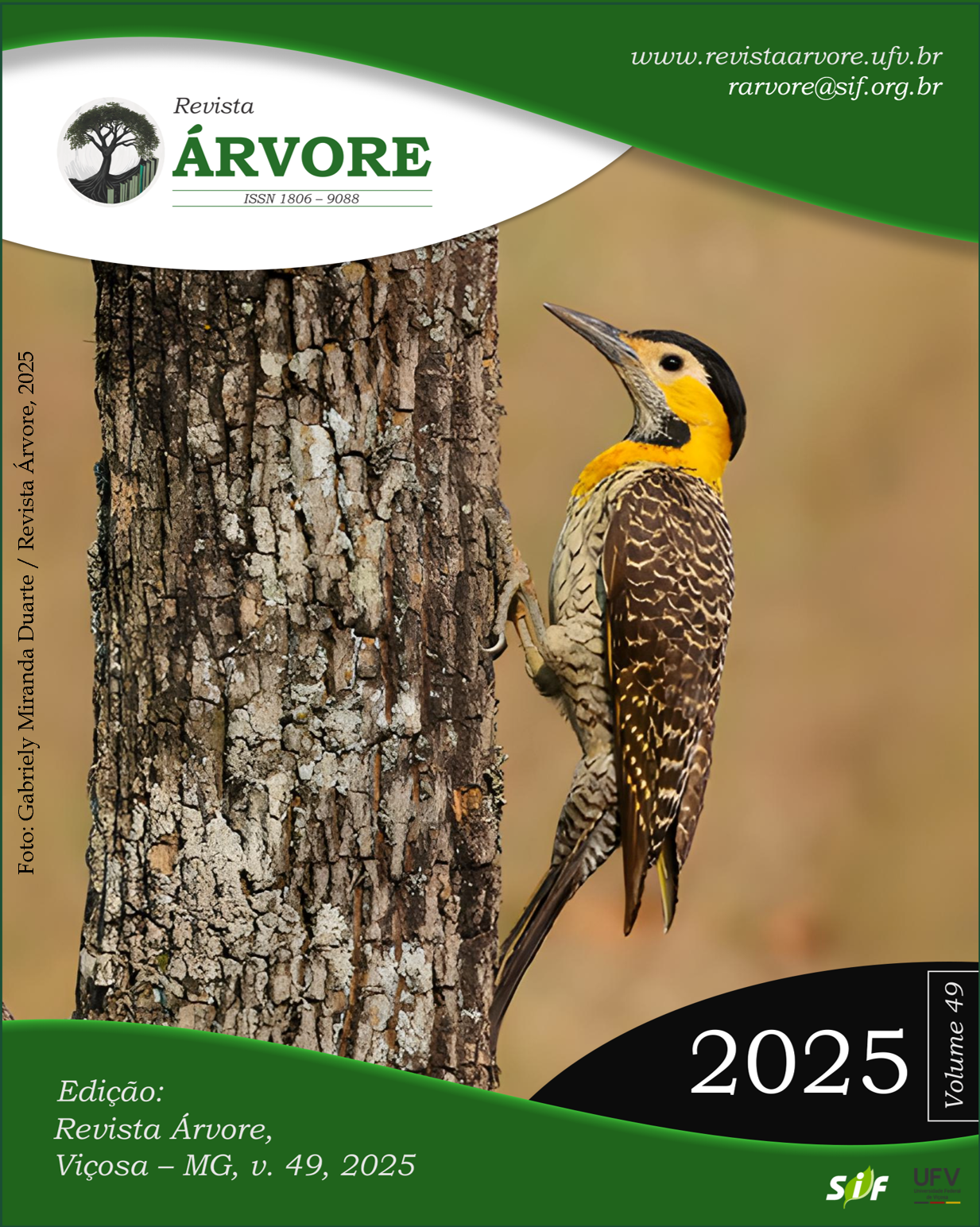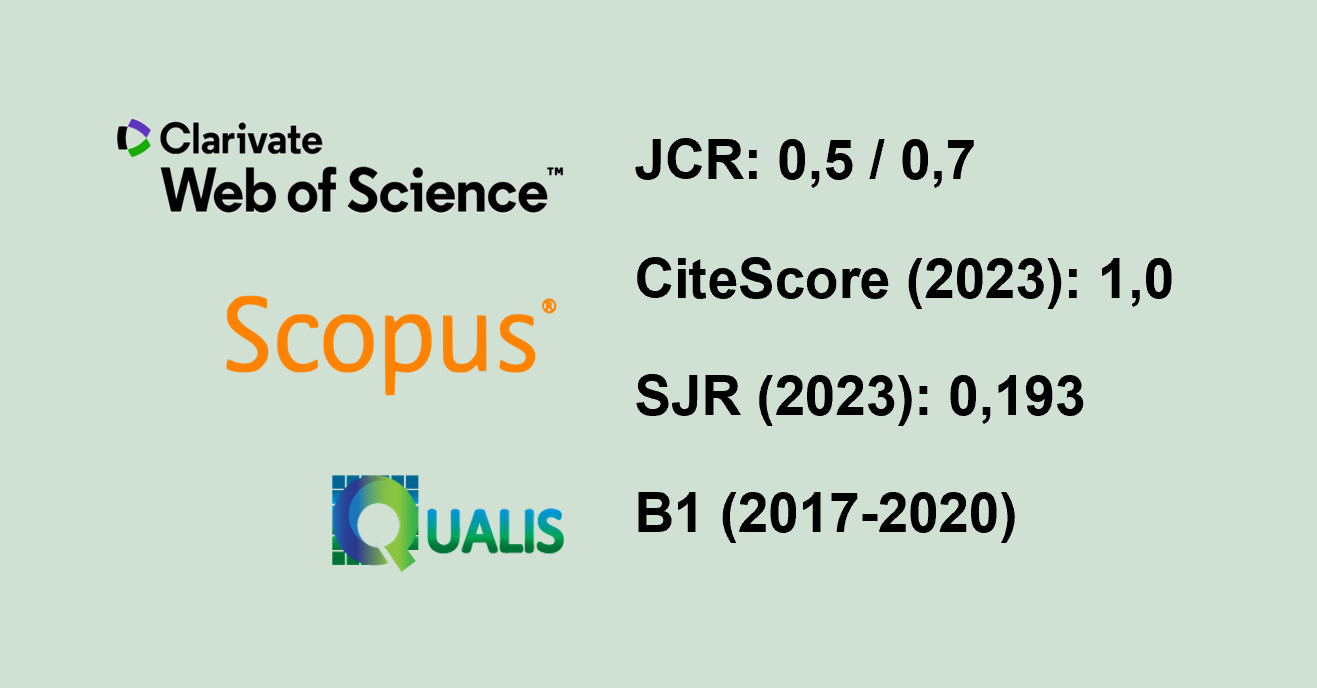Influence of Harvester and Forwarder operator experience on forest harvesting activities in northeast Brazil
DOI:
https://doi.org/10.53661/1806-9088202549263798Keywords:
Reforestation, Forestry operator learning, Forestry machineryAbstract
The forestry sector has experienced continuous growth in investments and technological innovations, particularly in harvesting operations, which have been significantly enhanced by these advancements. In this context, the systematic monitoring of operator performance is an essential tool for assessing individual progress over time, based on the experience acquired in machine operation. This approach enables managers to track learning curves, plan targeted training actions, and promote the continuous improvement of operational efficiency. The objective of this study was to evaluate the productivity evolution of Harvester and Forwarder operators as a function of field experience in a forestry company in the southwestern region of the Maranhão state, Brazil. The average time consumption for performing operational cycles and their elements was assessed, correlating the time spent with experience duration and the average individual volumes of the harvested areas. A time and motion study was used to evaluate operators without prior experience. The time consumed in each element of the operational cycle and the effective working time for cutting and extraction operations were determined. In the Harvester cycle, the “Processing” element accounted for the highest percentage of time consumption, whereas in the Forwarder cycle, the “Loading” stage was the most time-consuming, regardless of the operators’ level of experience. Correlation analysis showed that, for the Harvester, the average individual volumes of the harvested areas had a greater influence on the evolution of cycle time consumption than operator experience. Conversely, for the Forwarder, field experience showed a more significant correlation. The practical experience of operators showed a significant impact on productivity, with percentage gains of 71.0% for the Harvester and 84.6% for the Forwarder. These results demonstrate that the accumulation of operational experience is directly related to performance improvement, highlighting the importance of continuous monitoring of operator performance over time.
Keywords: Reforestation; Forestry operator learning; Forestry machinery
Downloads
Published
How to Cite
Issue
Section
License
Copyright (c) 2025 Revista Árvore

This work is licensed under a Creative Commons Attribution 4.0 International License.
All authors agreed to submit the work to Revista Árvore and granted the exclusive license to publish the article. The authors affirm that it is an original work and has not been previously published elsewhere. The scientific content and opinions expressed in the article are the sole responsibility of the authors and reflect their opinions, not necessarily representing the opinions of the editorial board of Revista Árvore or of the Society of Forest Investigations (SIF).








